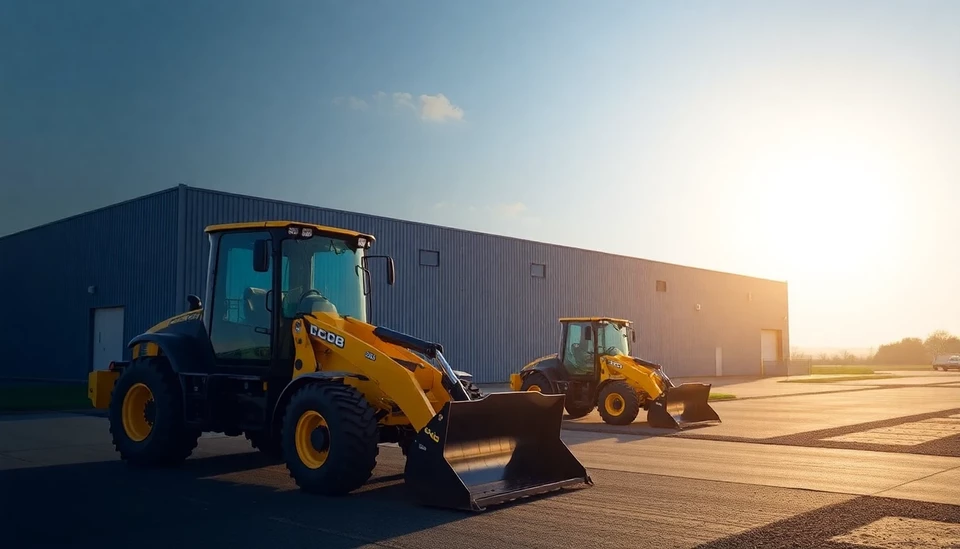
JCB, the renowned British construction equipment manufacturer, has announced plans to double the size of its manufacturing facility in Texas. This strategic expansion aims to mitigate the impacts of tariffs on imported goods and to enhance the company’s production capabilities amidst growing demand.
The Texas factory, based in the town of Pooler, is integral to JCB's operations in the U.S. market, where the company has experienced significant growth. By increasing the square footage of the factory, JCB is positioning itself to better supply the North American market while reducing reliance on imported materials, which have been affected by fluctuating tariffs.
JCB’s decision comes in the wake of increasing trade barriers and uncertainties in international trade, which have put pressure on companies relying on imported goods. The construction equipment sector has been particularly vulnerable to these changes, leading to a demand for more localized production strategies.
The expansion is expected to generate new jobs within the local workforce, providing a boost to the community and contributing to the region's economic development. JCB has emphasized its commitment to U.S. manufacturing and the importance of investing in local production as a response to changing economic conditions.
The company aims to have the construction of the new facility completed by the end of next year, substantially increasing its manufacturing output capacity. This move is not just a response to tariffs but also a proactive stance to meet the surging demand for construction machinery as infrastructure projects continue to grow in the U.S.
Through this expansion, JCB seeks to maintain competitive pricing and high production efficiency, ensuring that they remain a key player in the construction equipment market both in the U.S. and globally. With this national production strategy, JCB hopes to navigate the complexities of international trade while simultaneously bolstering its local presence.
As the company progresses with its expansion plans, stakeholders and industry watchers expect that this could indicate a broader trend of manufacturing firms shifting focus toward local operations in response to global economic shifts. JCB’s initiative might encourage other companies within the industry to consider similar strategies as tariffs and trade policies continue to evolve.
In summary, JCB's expansion of its Texas facility not only represents a significant investment in local manufacturing but also reflects a strategic pivot to respond to the challenges presented by tariffs and a dynamic market landscape.
#JCB #TexasFactory #ConstructionEquipment #ManufacturingExpansion #TariffImpact #LocalProduction #EconomicGrowth
Author: John Harris




